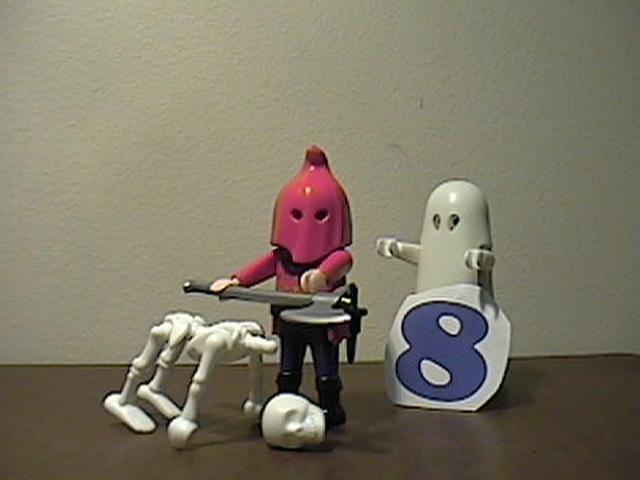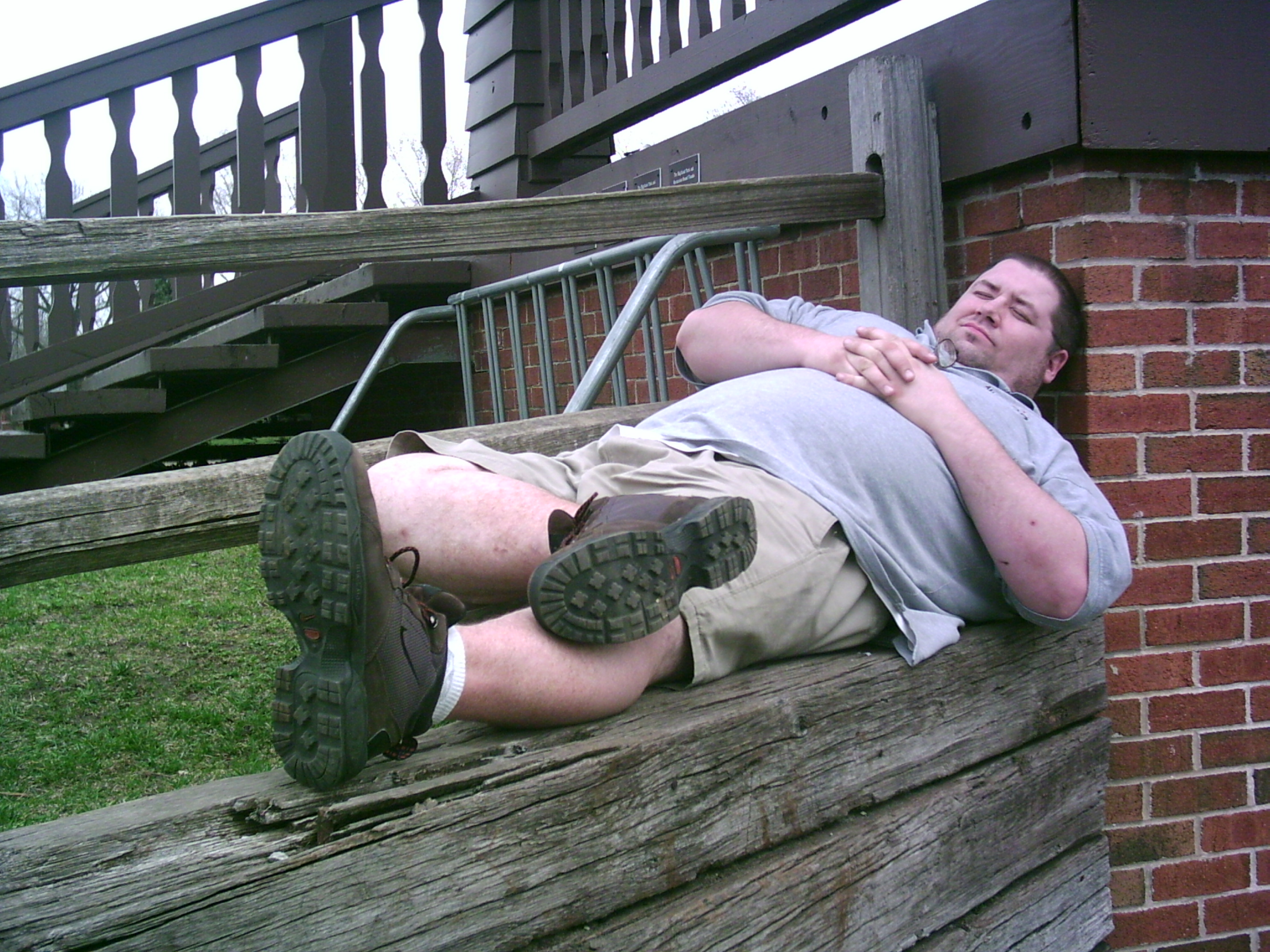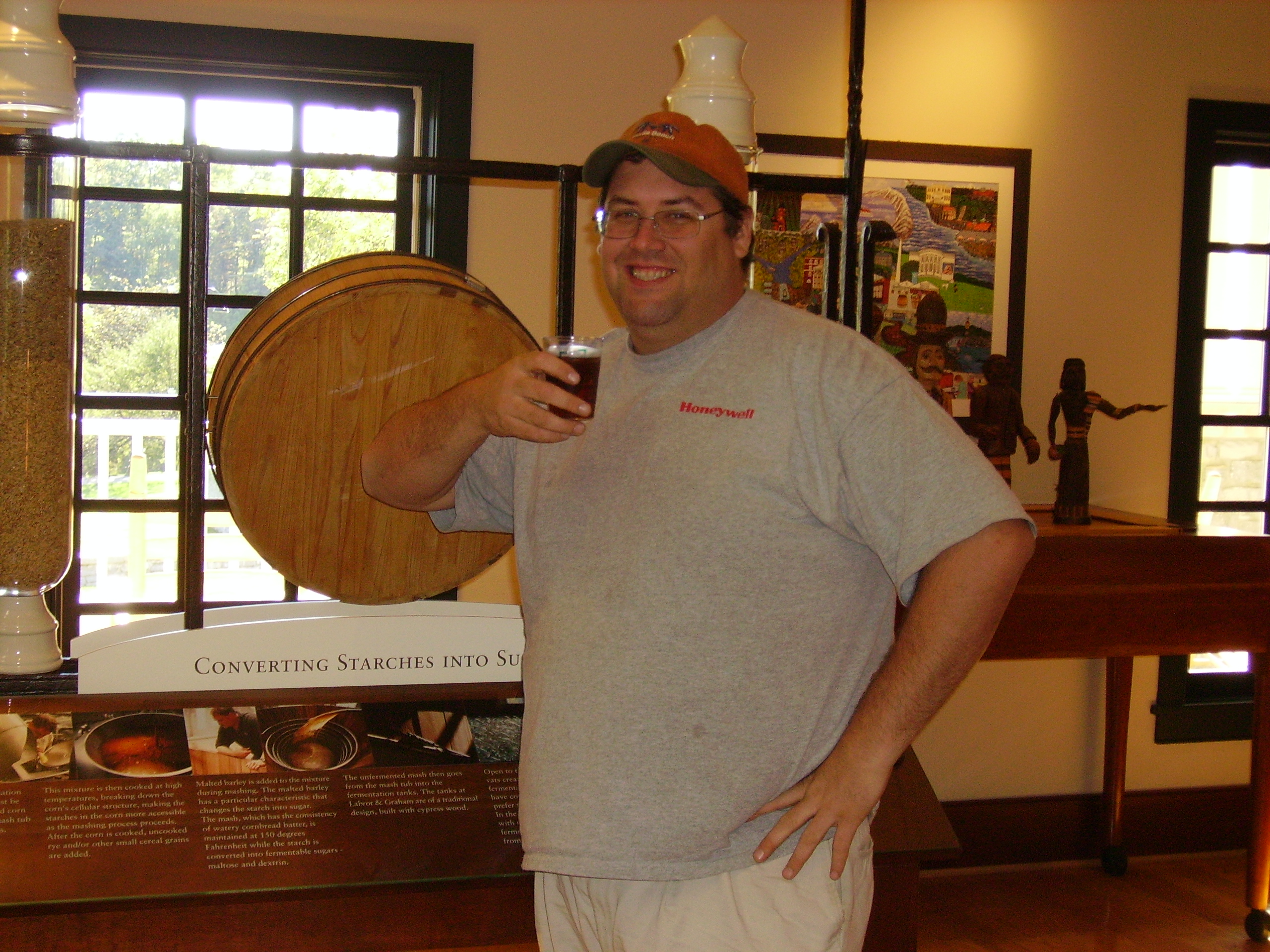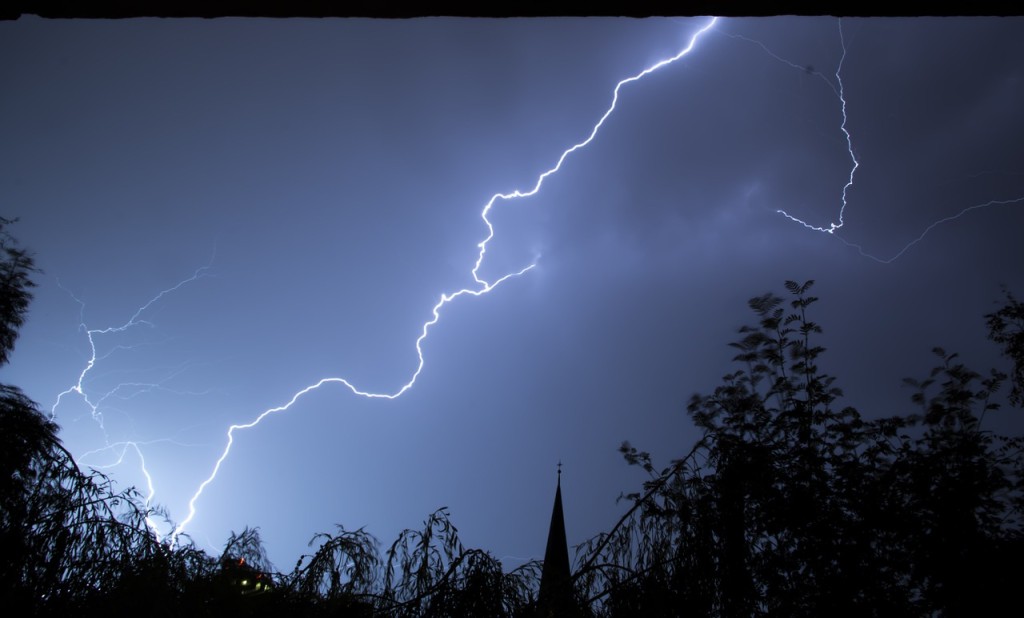A warrior takes every person as an adversary.
He sees all their vulnerable points,
And trains to eliminate his own.
A sage has no vulnerable points.
A warrior takes everyone as a potential adversary. He assesses each person that he meets for their strengths and weaknesses, and he places himself strategically. No confrontation is ever a surprise. Protection, competition, honor, and righteousness are his principles.
He is the weapon. Therefore, a warrior trains body and mind to perfection. He knows that the average person has hundreds of points where death can enter. For himself, he seeks to eliminate as many of his own vulnerabilities as possible. In combat, he defends one or two points, and the rest of his attention is devoted to strategy and offense. Yet no warrior can eliminate all vulnerable points. Even for a champion, there is always at least one. Only the way of the sage eliminates all weaknesses.
It is said that the sage has no points for death to enter. This makes the sage, who is perfect in Tao, superior to the warrior, who is merely skilled in Tao. The warrior accepts death, but does not go beyond it. The sage goes beyond concepts of protection, competition, honor, and righteousness, and has no fear of death. The sage knows that nothing dies, that life is mere illusion: Life is but one dream flowing into another.










